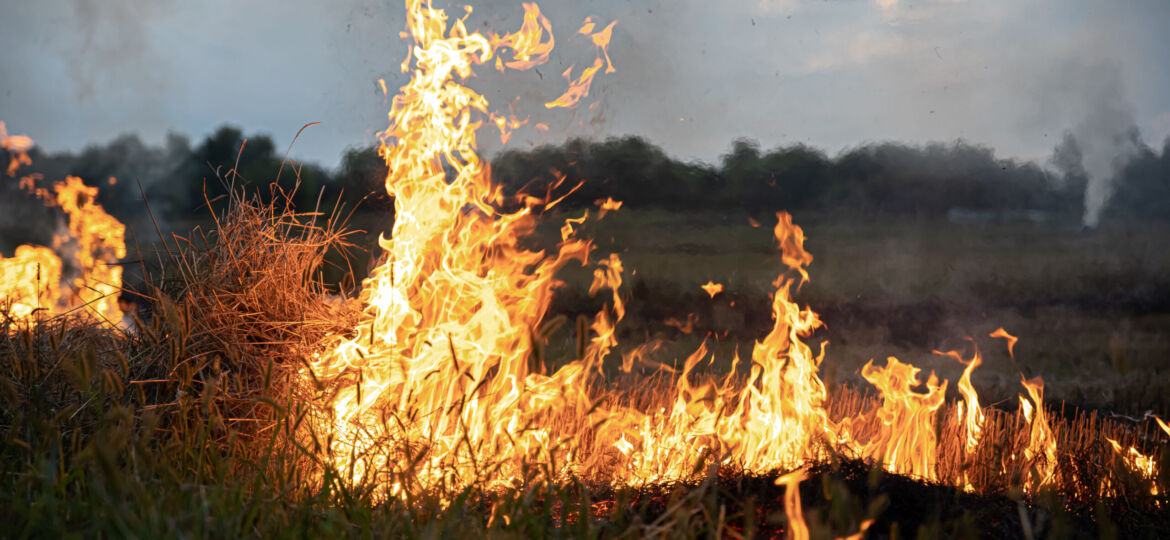
Job Skills’ staff have the people of Hawaii and the victims of the devastating wildfires in our thoughts. Like the rest of the world, we are heartbroken, and hope that the citizens of Maui and all of Hawaii are able to return to their lives as quickly as possible.
Hawaii is in the midst of a devastating wildfire crisis. Lives have been lost, buildings destroyed, and people forced to evacuate. The fires were started by strong winds from Hurricane Dora, which also brought heavy rain and flooding to other parts of the state. The town of Lahaina on Maui has been hit the hardest, with flames tearing through the downtown area and harbor, leaving a charred landscape behind. The situation is dire, and immediate support is needed.
The Coast Guard has already rescued 14 individuals who jumped into the water to escape the fire, and others are seeking refuge in overcrowded facilities. The governor has declared a state of emergency and activated the National Guard to aid in relief efforts. However, the fires are still raging and pose a significant threat to Hawaii’s environment, economy, and culture. The road to recovery will be long and challenging.
The impacted individuals require assistance in various areas. Housing and shelter are a top priority, as many have lost their homes and belongings. Providing a safe and comfortable place for them to stay until they can rebuild or relocate is crucial. Basic supplies like food, water, clothing, hygiene items, and medicine are also needed. Organizations such as the American Red Cross, the Salvation Army, and the Hawaii State Department of Human Services are providing housing and shelter support.
Financial assistance is essential to help individuals, businesses, and communities recover from the economic losses caused by the fire. Repairing or replacing property, paying bills, and restoring livelihoods all require financial support. The Federal Emergency Management Agency (FEMA), the Small Business Administration (SBA), and the Hawaii Community Foundation are some sources of financial aid.
Disasters can take a toll on people’s mental health and emotional well-being. Many victims of the fires will be dealing with anxiety, depression, grief, and post-traumatic stress disorder (PTSD). These people will need mental health and emotional support to cope with these challenges and heal from the trauma. Resources like the Disaster Distress Helpline, the Crisis Text Line, and the Hawaii Department of Health are available to provide these services.
Additionally, the fire has caused damage to Hawaii’s natural environment, including its forests, wildlife, water sources, and cultural sites. Environmental restoration is crucial to prevent further erosion, pollution, invasive species, and loss of biodiversity. Agencies such as the National Park Service, the U.S. Geological Survey, and the Hawaii Department of Land and Natural Resources are involved in this restoration.
In times of disaster or trauma, individuals may require different types of emotional support. Crisis counseling and support offer short-term intervention to help people cope with the immediate stress and trauma of the event. Psychotherapy provides longer-term treatment to address the underlying causes and effects of emotional distress. Peer support allows individuals to share experiences and coping strategies with others who have gone through similar situations. Spiritual support helps individuals find meaning, purpose, and hope in the aftermath of a disaster.
Perseverance is crucial during these challenging times, as it helps individuals overcome the difficulties they face after a disaster. Being able to persist in pursuing recovery and rebuilding is essential.
Preparing yourself for disaster is a smart and responsible thing to do. Disasters can strike at any time, anywhere, and cause a lot of damage and disruption. By being prepared, you can reduce the impact of disasters on yourself, your family, and your community. Here is a paragraph about preparing yourself for disaster:
One of the most important steps to prepare for disaster is to make an emergency plan with your family. An emergency plan will help you know what to do, where to go, and how to communicate in case of a disaster. You should include information such as: the types of disasters that could affect your area, the location and contact information of your family members, the meeting places and evacuation routes, the emergency contacts and numbers, and the special needs and medications of your family members. You should also practice your plan regularly and update it as needed.
ABOUT JOB SKILLS
For 35 plus years, Job Skills has been delivering solutions to job seekers and moving people into sustainable, meaningful employment. Throughout their long history, Job Skills has recognized that not every job seeker is the same. There is no one size fits all employment program. That’s why the Job Skills vision is building an inclusive society where all people are ensured equitable opportunities to fulfill their career aspirations and participate fully in the community.
Job Skills’ employment specialists are there to answer any of your employment questions. Job Skills‘ staff offer solutions to all job seekers, including youth, newcomers, mature workers, persons with disabilities, and entrepreneurs. Job Skills’ knowledgeable team can help you make educated decisions, set goals, and create a strategy to help you become happier in your career. Job Skills works with local employers creating employment opportunities for Job Skills’ clients.
Thanks to government funding, Job Skills’ programs and services are free to all users. Job Skills have locations across Keswick, Stouffville, Markham, Brampton, and Mississauga. Job Skills also offers virtual services for community members unable to attend one of our offices for in-person activities.
Find your employment solution today. Visit www.jobskills.org

